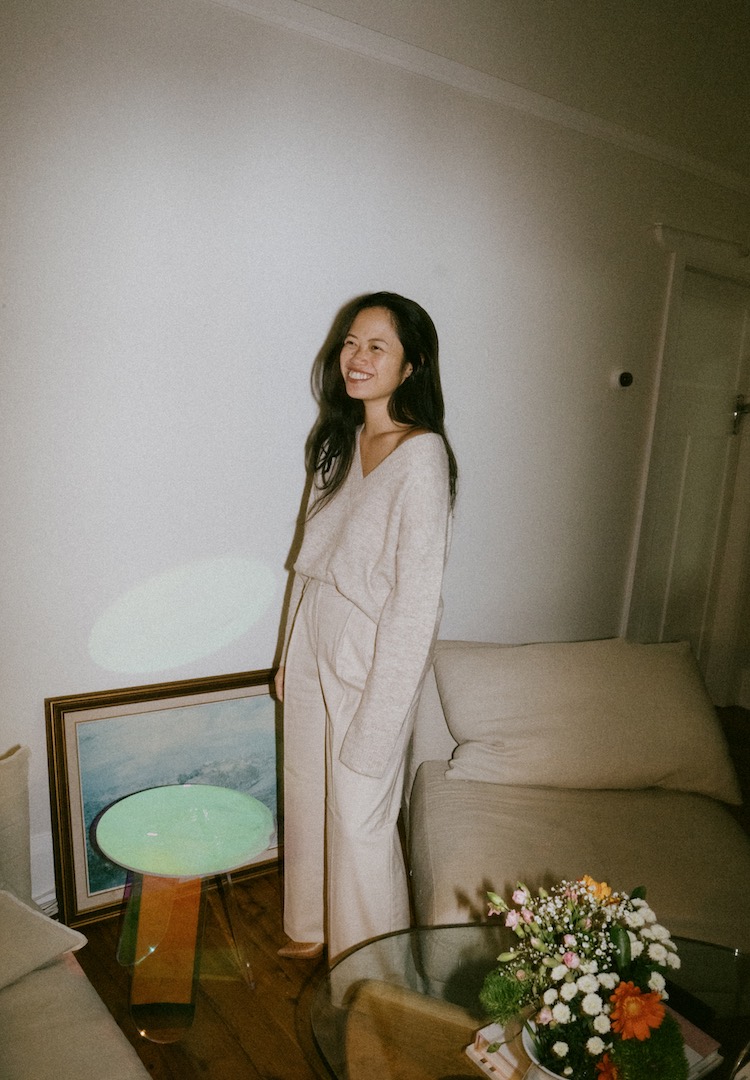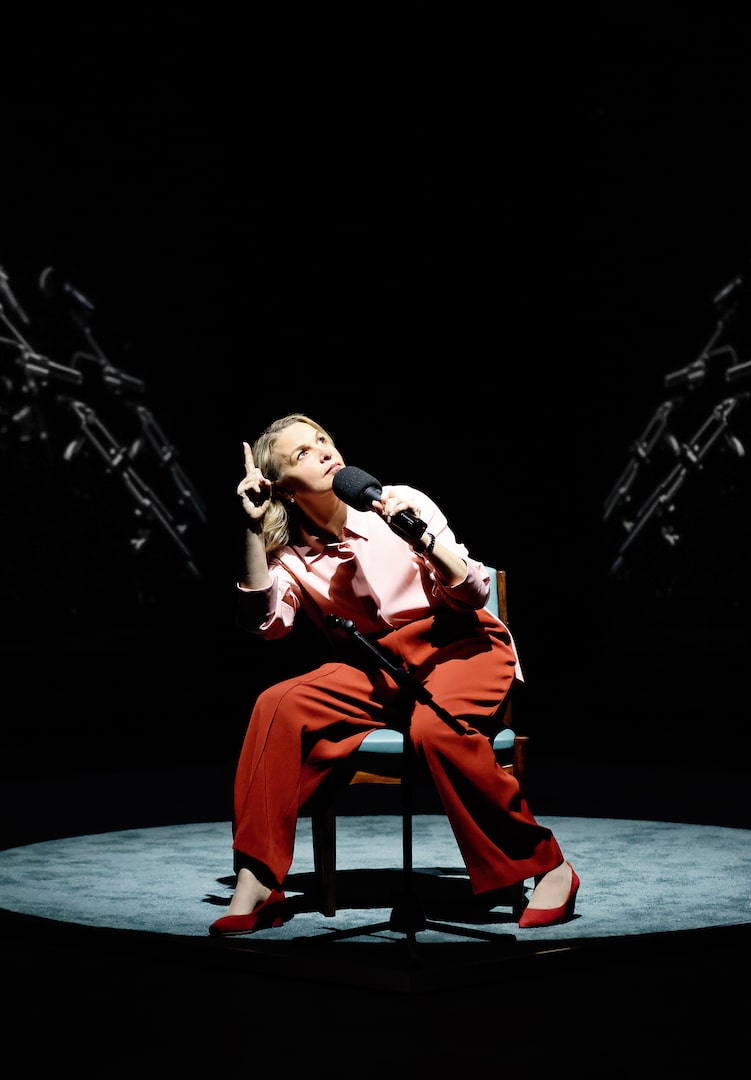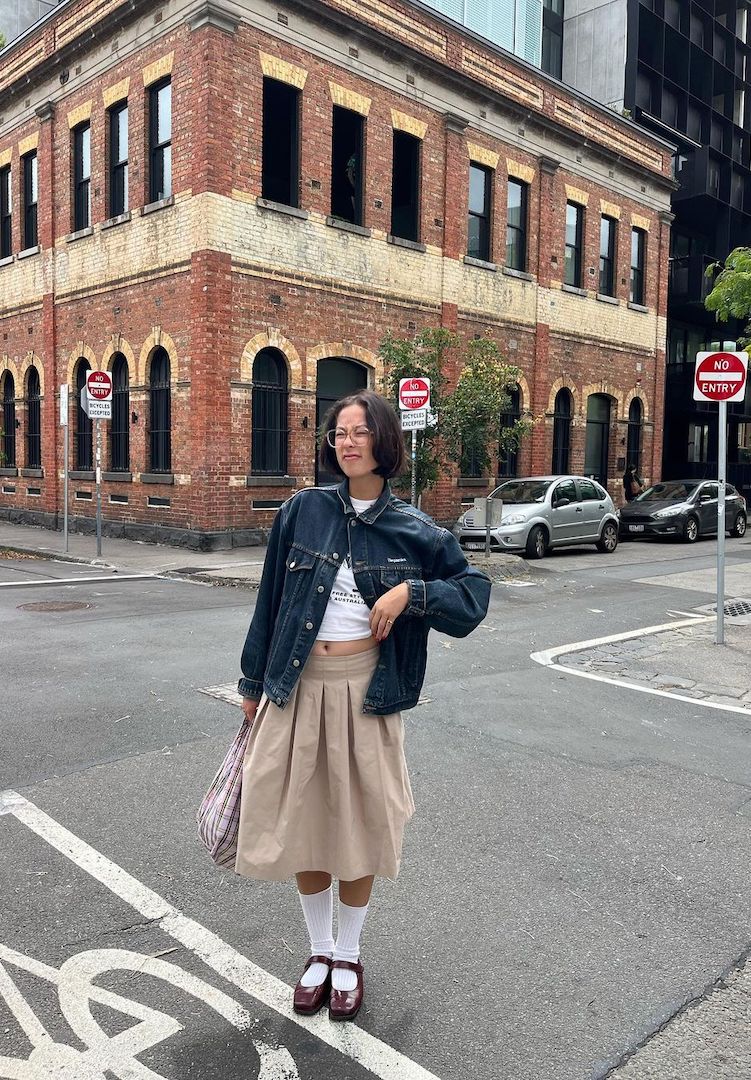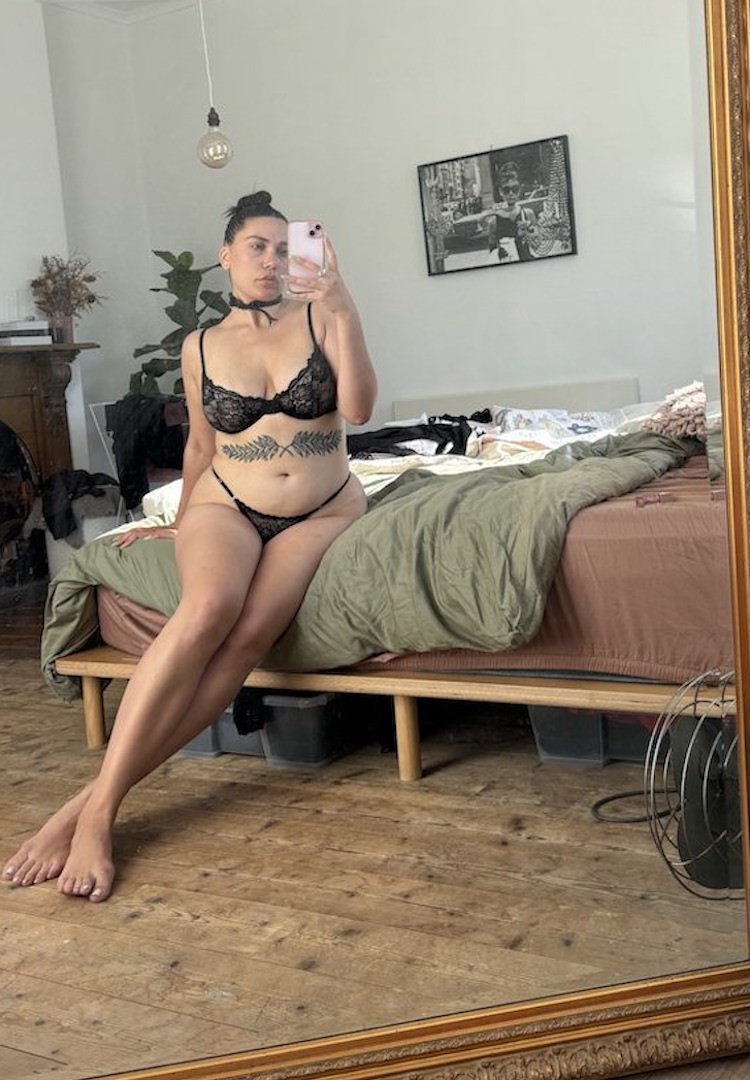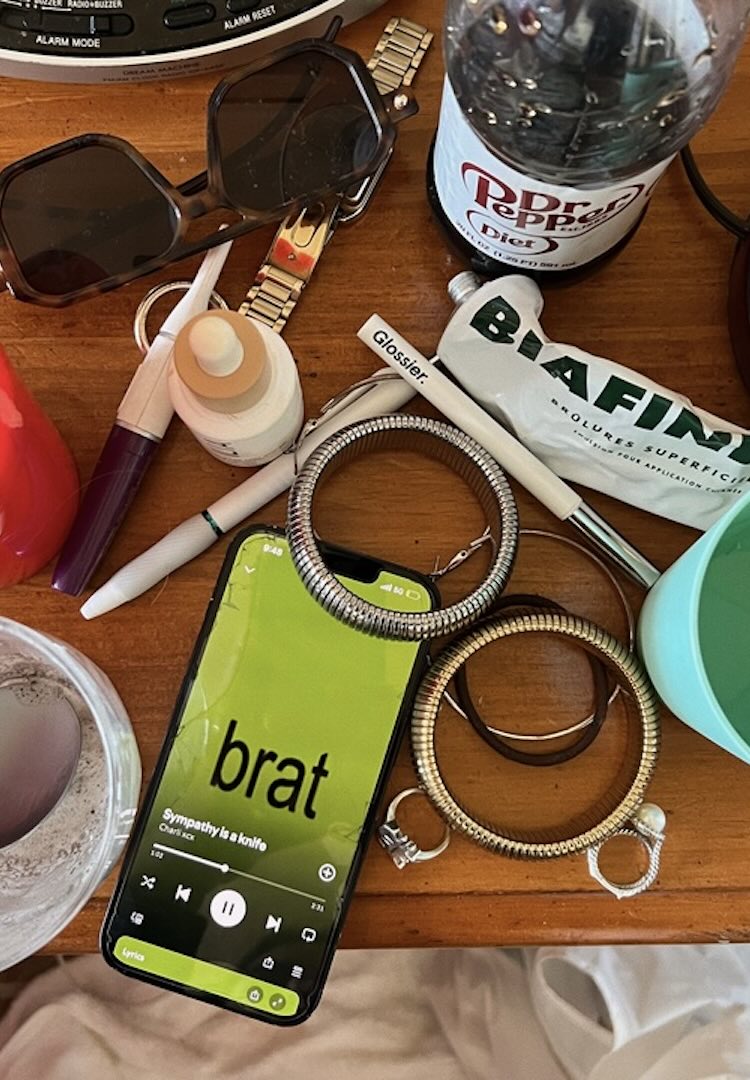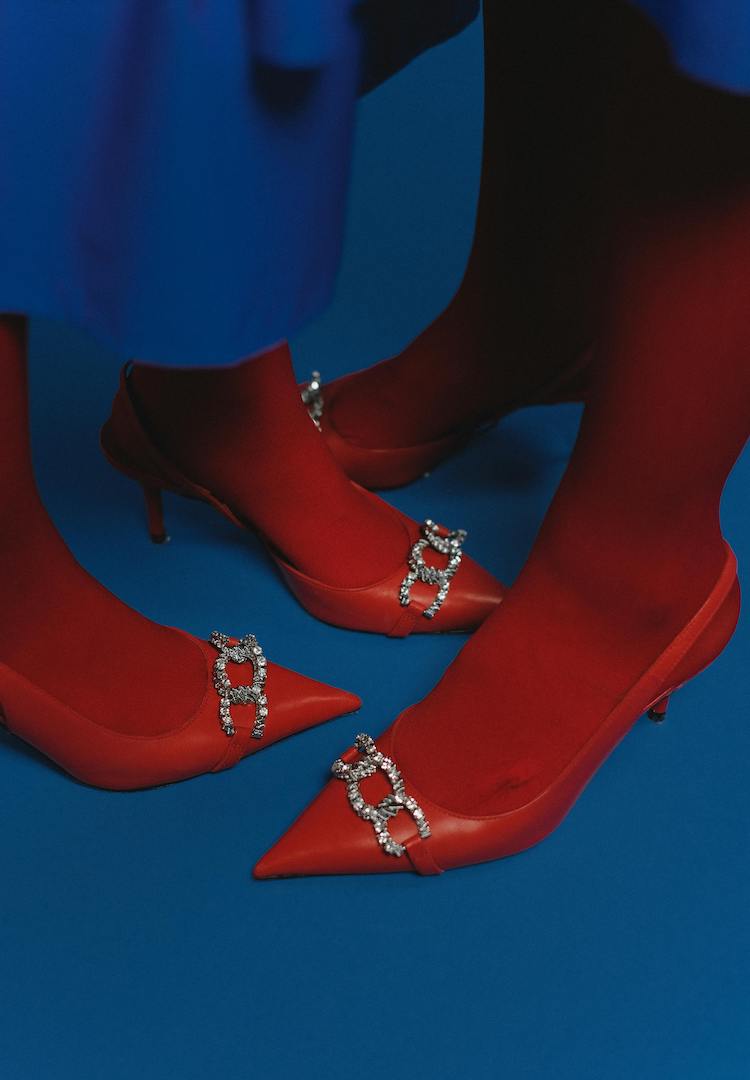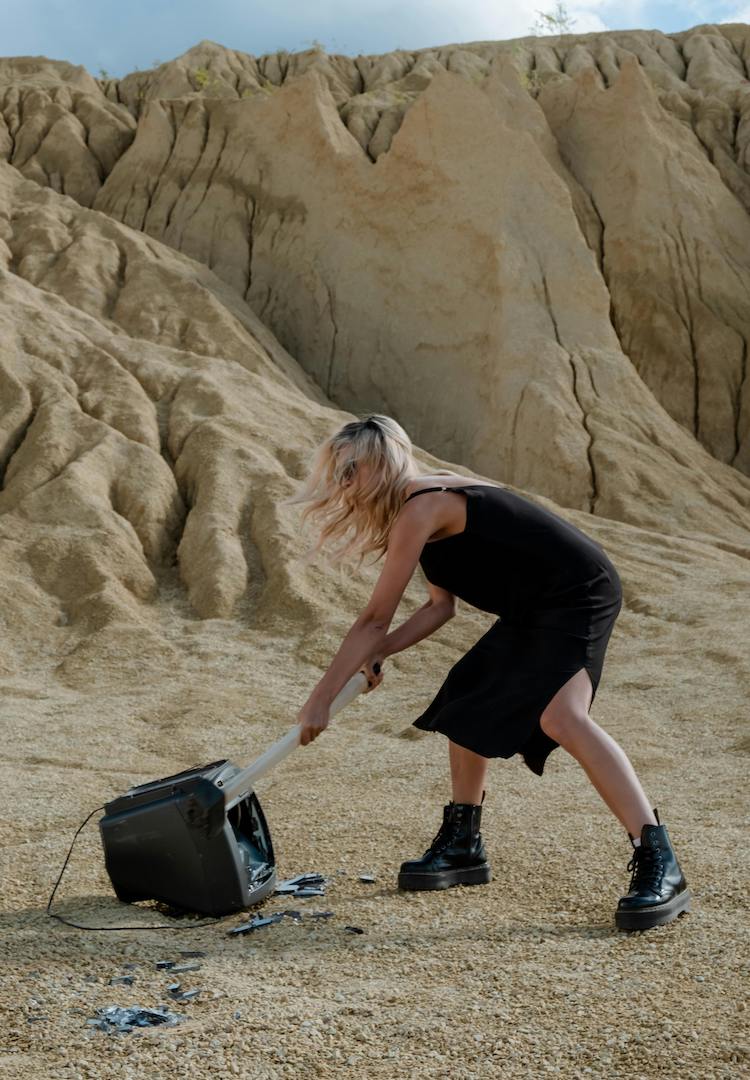What it took to bring a play about Julia Gillard’s misogyny speech to life
IN PARTNERSHIP WITH MELBOURNE THEATRE COMPANY
WORDS BY IZZY WIGHT
Ahead of its Melbourne debut, we go behind the scenes of Julia with Justine Clarke and Sarah Goodes.
Over a decade ago, on October 9, 2012, Julia Gillard delivered what has come to be known as the famous ‘misogyny speech’ in parliament, a moment that has since garnered millions of views around the world. While her tenure as Australia’s first female prime minister may have only lasted three years, Julia’s powerful monologue became a catalyst for change; the first ripple in a wave towards gender equity. And it’s a wave still very much in motion.
This iconic speech – and the events in Julia’s life that preceded it – serve as the inspiration behind Julia, the play by Joanna Murray-Smith. Directed by Sarah Goodes and starring Australian actors Justine Clarke and Jessica Bentley, Julia serves as a timely reminder of how far we still have to go.
Interested to hear how others navigate the world? Head to our Life section.
“It’s a beautiful honouring of the power of words and the power of a speech and the power to galvanise a group of people and make change through words,” Sarah explains. Ahead of Julia’s Melbourne debut at Melbourne Theatre Company’s Southbank Theatre (running from May 31 to July 6), Justine and Sarah speak on bringing the production to life.
Why is Julia an important production for young people to see?
Sarah: The play is about the lead-up to that speech, it’s not an analysis of her political career. It’s about the energy and the drive and the context of the times that led to that speech… [it had] such an incredible momentum to it.
One of the things Justine and I really wanted to capture in the production was how it really was the baton in a relay race that was handed to the younger generation, that speech. They really grabbed it and ran with it and it really felt like it was… the beginning of that tidal shift that led to the #MeToo movement. We feel like it’s a very intergenerational piece.
Justine: What we found really interesting when researching Julia Gillard and the history of the speech in particular was how young people took to it… [those people] watching it on their devices. They felt a personal connection to the speech, even though it [was given] in a political arena. It had a very personal effect on women of all ages.
Julia has already had sold-out runs in Sydney and Canberra. What are some of the responses you’ve had from audience members who have seen it?
S: We were terrified about doing it, about wheeling Julia out to the public arena again… Jo [Joanna Murray-Smith] is a brilliant writer and we knew her writing was brilliant, but you never know how an audience will respond. But it was such an overwhelming response… we’ve been through so much in the past ten years and it feels like only now can we start to process it, and it’s a… history that holds us together.
There were a couple of times when I was in the audience and everyone jumped to their feet, and [on one occasion] this older man next to me didn’t and I thought ‘Well, it’s not going to speak to everyone’. Then I sat down again and [saw] he was crying. You can’t assume how everyone is going to respond to it, you know. Some people don’t respond to it well… but most people get the sense of what it’s doing and the energy and the drive of it. It’s like a wave.
J: When people come out of the theatre, they are very animated. It’s not a sound I’ve ever really heard before. Often when the curtain comes down and you’re leaving the stage, you can hear the audience talking… in hushed, quiet tones. [With Julia] There’s a very animated, lively discussion that takes place as people are leaving the theatre. There’s nothing more gratifying than that as an actor.
Taking on a production about someone who is still alive has challenges and considerations. What made you want to do this?
J: It scared me so much, and I couldn’t walk away from the opportunity to challenge myself. It’s also a new work… and that was another terrifying aspect. But I also knew I was in incredibly good hands, Joanna Murray-Smith is extraordinary and Sarah Goodes is equally one of the best theatre directors in the country.
It was really important to me that it wasn’t an impersonation… For me, the play was about every woman… we all stepped into her shoes, in some deep way. I didn’t want to be just her, I wanted to try and be that experience of her. I know – and she [Julia Gillard] would say this as well – that speech no longer belongs to her. It belongs to everybody else now, and I wanted to portray that and honour that.
S: You know, politics is the great Colosseum, it’s a blood sport. And if you don’t find putting things out in the public arena terrifying enough in this social media age, then add politics to it with a female politician who is still alive it’s… terrifying. But I’d always wanted to work with Justine and I felt very strongly from the beginning it had to be her, and Jo loves her as well… we felt like we had to.
How has being a part of the production changed or cemented your perception of Julia Gillard and her time as leader?
S: I always admired her, but I didn’t quite appreciate how difficult it was for her – not just in how she was treated through the media or as a woman but in a minority government. Actually, the given circumstances she had to govern were unbelievable, almost impossible. What she achieved in these unbelievably difficult circumstances was extraordinary… Not many people remember the blood, sweat and tears behind what she did.
J: Doing a deep dive into anybody gives you such a better picture of the complexities of their life, particularly a political life. For me, it’s made me admire her even more. Even in the way she’s conducted herself since she’s left office… I think every politician sees it as the kind of gold standard now. She’s had such an impact on people, we know that just from what happens when the show ends and the people have responded to it. Across political divides… she’s been a force for good.
Why do you think Julia Gillard’s misogyny speech still resonates, more than a decade after it was delivered?
S: I think she called out what we all felt but never said… and in such an articulate way and a magnificent speech. The movement as such is still very much alive today, with what we’re talking about with gendered violence… it’s not finished. I do believe her speech started [the movement], not singularly, but was definitely a part of it.
Suddenly this thing that I was raised to just navigate my way around… this person called it out.. Now what we’re looking at are much deeper intricacies of societies and gender equality. And it’s traumatic and it’s difficult and it’s ugly and heartbreaking and tragic and all of those things, but it’s still very much in flux.
J: What’s interesting is how feminism is a circular movement that gets handed on and pushed forward and… [encourages] the generation in front to keep vocal and keep active… [the speech] is just as relevant today as it was 12 years ago.
Get your tickets here to see Julia in Melbourne, running from May 31 to July 6 at Southbank Theatre. Under 30? Snap up half-price seats.
Julia is a Sydney Theatre Company and Canberra Theatre Centre production.

